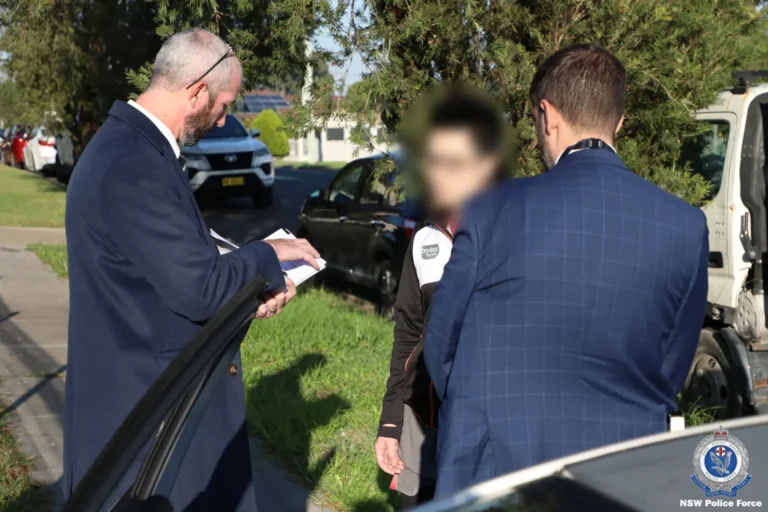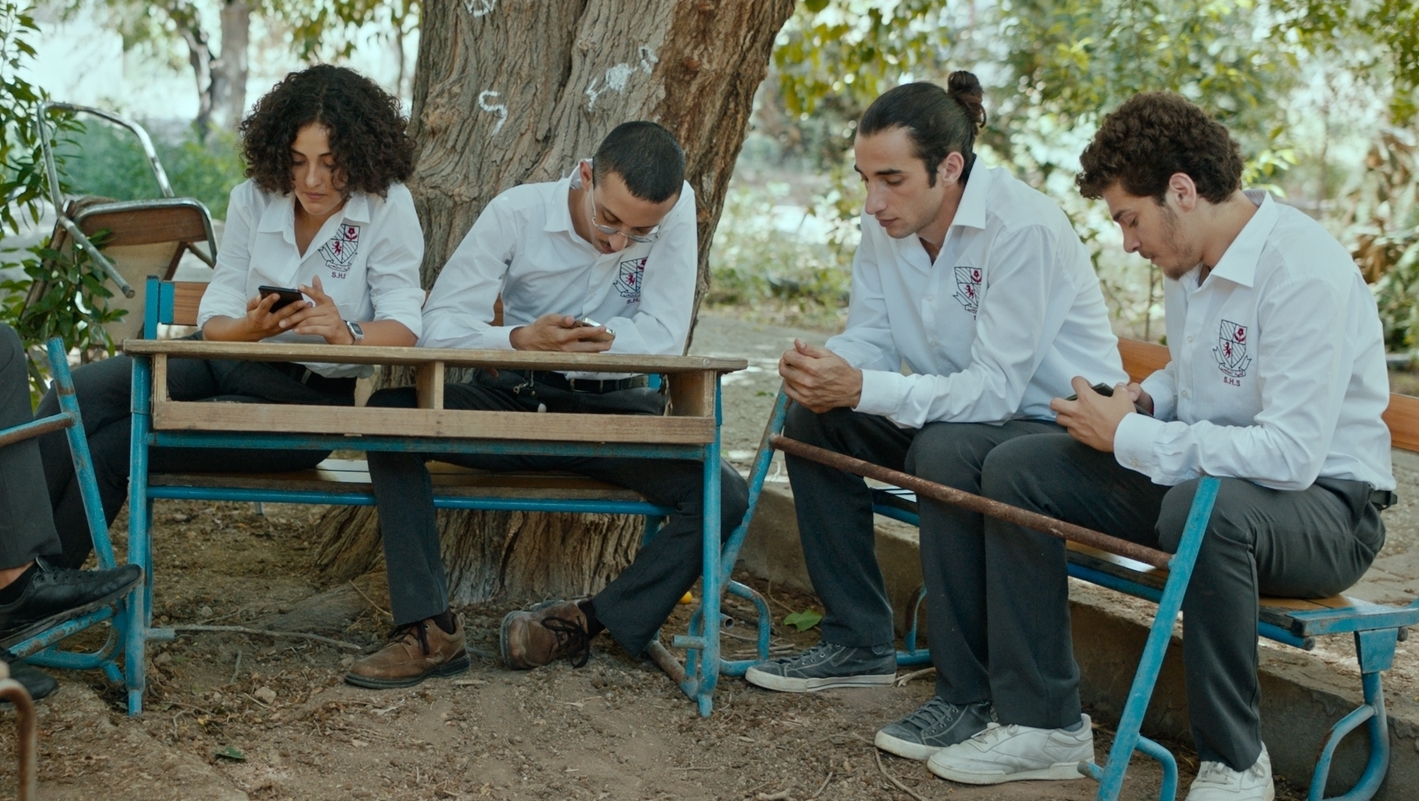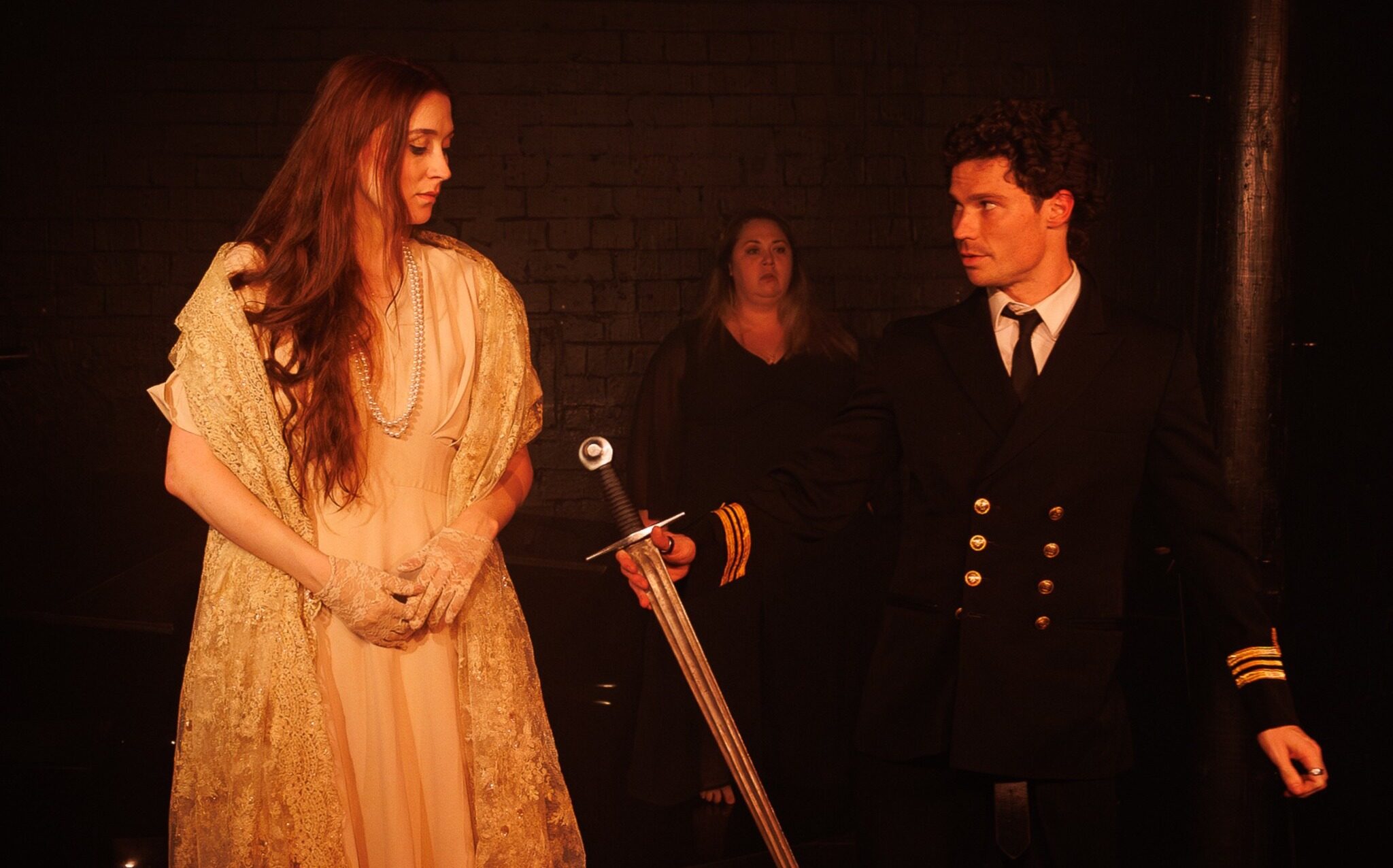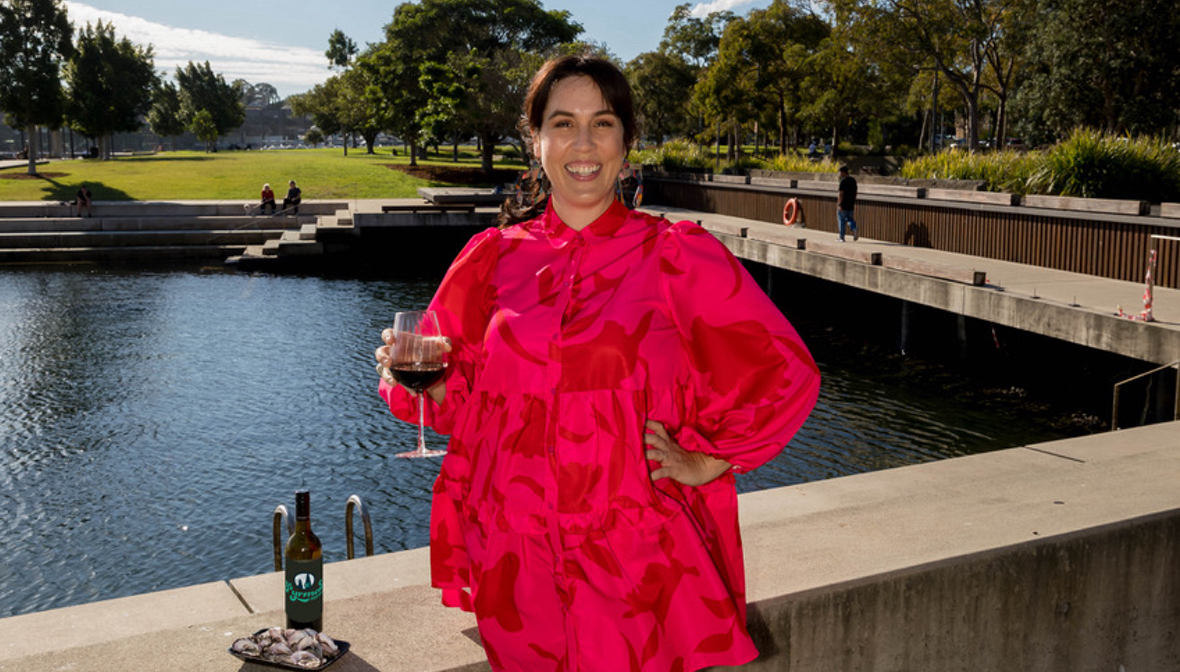
Alam – REVIEW

The Arabic word “alam” means “flag” in English. When you place it in the setting of an Arab/Palestinian community living in the Israeli territory of Galilee, the concept of a flag takes on exponentially more significance.
Yet the film, Alam, goes beyond the obvious politics. It is a film about youth, family, identity and the co-existence of parallel worlds.

Tamer (Mahmood Bakri) is a high school student who has a typical adolescent disinterest in academics, preferring to put his efforts into scoring weed, chasing girls and hanging out with his pals, Shekel (Mohammad Karaki) and Rida (Ahmad Zaghmouri).
Shekel is much more self-assured than Tamer, and much more socially aware. He has run-ins with his teacher, rebelling agains the enforced Israeli curriculum that virtually ignores his heritage and existence. Those feelings become inflamed as the school and local authorities prepare to celebrate Israeli Independence Day, known instead as the Nakba (catastrophe) by Palestinians.

Meanwhile, Tamer is out of favour with his father (Amer Hlehel) due to his poor grades and the two disciplinary strikes against him (a third will mean expulsion). Tamer promises his father that he’ll focus on his studies, but that vow is immediately forgotten when Tamer spots his attractive new neighbour and classmate, Maysaá (Sereen Khass).
Maysaá is politically aware and rebellious and insinuates herself comfortably into the small gang of boys. Into their orbit comes Adel, (Riyad Sliman) a local socialist leader and agitator. He organises a rally and stirs nationalistic sentiments in the youths.

Shekel, who has had a confrontation with his teacher over the overtly biased syllabus, becomes further incensed by the raising of a new Israeli flag over his school. He devises a plan to replace it with the Palestinian flag — an action that is incalculably dangerous.
Alam is both a literal and allegorical examination of what it means to live under a particular flag, and why having a flag that represents your values, your history, is so fundamental to identity. But a flag also endows ownership and the right to participate in a nation state.
In the film, there is a quote that explains it perfectly. To paraphrase:
“We should should fight endlessly to have our own sovereign flag…and as soon as we have it, we should fight to burn it.”
★★★ 1/2
Showing as part of the Palestinian Film Festival, March 7 – 10









